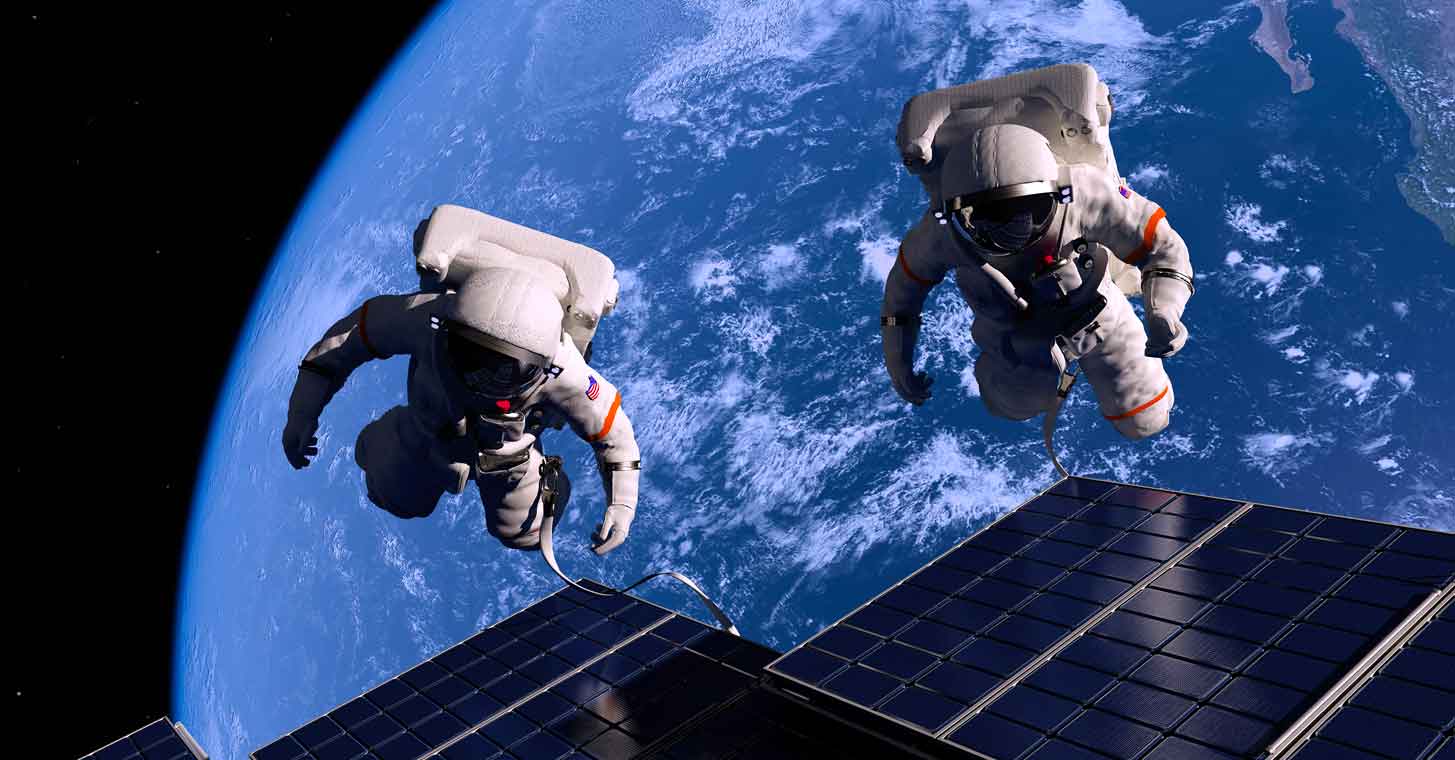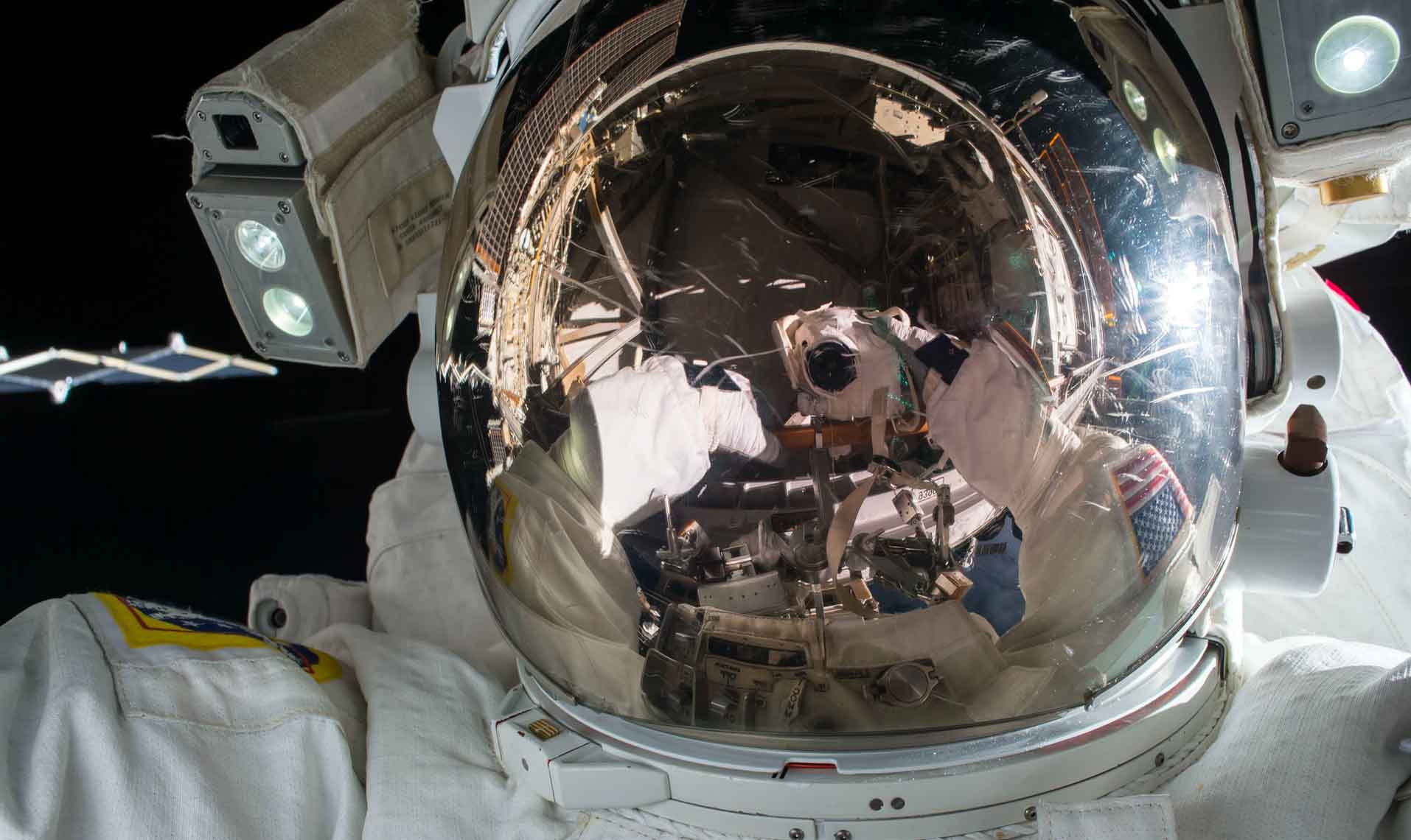Reaching for the Stars on International Day of Human Space Flight
Look up on the 12th of April somewhere above you, a crew of astronauts are orbiting on the International Space Station (ISS).
By Kay Sexton, Contributor
Reach out for the stars…
April 12th is the International Day of Human Space Flight, and in our lifetime we may make the ‘leap’ from space flight being an elitist pursuit to a mainstream activity. It is a reward for outstanding achievement and a scientific lodestone containing answers to questions about the origin of our species, our planet, and our universe.
From earliest recorded time, we’ve been fascinated by space. Since the sixth century BCE many ancient civilisations have been recording the movements of all galactical objects they could observe. Space travel – at least in literature – is ancient too. A book called “The Man in the Moone”, written by an English bishop, was published in 1638. Of course for centuries it remained a theory, a fantasy – right up until Yuri Gagarin orbited the Earth on 12th April 1961.

Image credit: Outerspace
Then progress was swift – we went to the moon, we built an orbiting space laboratory, the ISS, and we have probes sending back data from the most remote and inhospitable areas of our solar system. The most recent probe to travel to Mars, Perseverance, even has an onboard helicopter called Ingenuity, which is the first ever aircraft to make an extra-terrestrial flight. Perserverance’s mission is to collect samples that can help scientists detect traces of ancient life on mars, with previous missions confirming past presence of water on its surface.
For that, we’re fascinated by space – and terrified by it too. From the first lunar photographs like Earthrise, through to astronaut Chris Hadfield’s version of David Bowie’s Space Oddity recorded on the ISS itself, we’ve had a complex relationship with what may be waiting for us beyond our own solar system.
“A sense of the unknown has always lured mankind and the greatest of the unknowns of today is outer space. The terrors, the joys and the sense of accomplishment are epitomised in the space program.”
William ShatnerCanadian actor, as Captain James T. Kirk of the USS Enterprise in Star Trek
That’s why films like Alien continue to terrify and delight, titillating our sense of exploration and our fear of what lies beyond planet Earth. Like white-water rafting or climbing a snowy peak, humanity never feels more alive than when it’s under threat, and nothing is more threatening, or more exciting, than what might await us in space.
“The Earth is the cradle of humanity, but mankind cannot stay in the cradle forever.” ~Konstantin Tsiolokovsky
By 2023, Russian state corporation Roscocosmos plans to offer two tourists the chance to travel to the ISS – and one of them will get to take a spacewalk. Space travel is also on the cards for Elon Musk’s SpaceX, which is considering the possibility of a crewed flight to Mars in 2024. China is planning a new space station and NASA has said it will send the first woman to the Moon by 2024.
So this year, on the International Day of Human Space Flight, remember to look up. That’s our future you can see above you.

Satopia is a global community of inspirational people empowering humanity with passion and purpose.
READ NEXT









